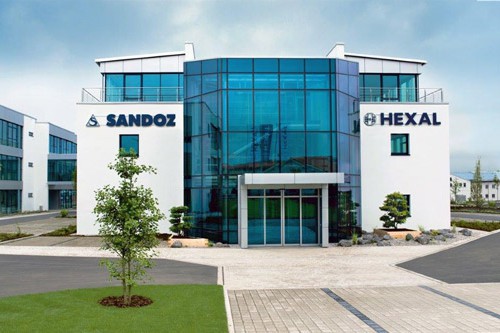
Sandoz, Novartis’ generics and biosimilar division, has finally won approval for its Neulasta biosimilar Ziextenzo (pegfilgrastim) following a three year wait.
Amgen had a lucky break when the FDA initially rejected Sandoz’ Neulasta biosimilar back in 2016, as the US market accounts for the bulk of its sales for this medicine. When it faced the rejection, Sandoz said it would work with the FDA to address the issues raised in the complete response letter.
Neulasta had been one of Amgen’s biggest commercial products, but has been continually facing threat from biosimilar competition in a number of markets around the world. The patents on the drug expired in the US in October 2015, and in Europe on August 2017, according to data from the Generics and Biosimilars Initiative (GaBi).
Sandoz received European approval for Ziextenzo in 2018, and now that it has scored approval in the US it hopes to launch the biosimilar as soon as possible.
The drug has been indicated to decrease the incidence of infection, as manifested by febrile neutropenia – low white blood cell count with fever – in patients with non-myeloid malignancies receiving myelosuppressive anti-cancer drugs associated with a clinically significant incidence of febrile neutropenia.
This long-awaited FDA approval was based on both pre-clinical and clinical research, including data from a three-way pharmacokinetics (PK) and pharmacodynamics (PD) study – LA-EP06-104.
The study compared Sandoz’ pegfilgrastim with US-sourced reference pegfilgrastim and EU-sourced reference pefilgrastim and compared US-sourced reference pegfilgrastim with EU-sourced pegfilgrastim.
The PK and PD similarity was demonstrated across the three comparisons, with no clinically meaningful differences observed, including safety and immunogenicity factors.
 “When a cancer patient with febrile neutropenia gets an infection, it can have serious consequences such as delays or dose reductions of chemotherapy,” said Carol Lynch (pictured left), US president of Sandoz.
“When a cancer patient with febrile neutropenia gets an infection, it can have serious consequences such as delays or dose reductions of chemotherapy,” said Carol Lynch (pictured left), US president of Sandoz.
“The approval of Ziextenzo expands our oncology portfolio, providing physicians with a long-acting supportive oncology biosimilar option,” she added.
This approval for Ziextenzo helps to bolster Sandoz’ growing franchise – Novartis posted that sales from the biosimilar division had jumped 5% up to $2.5bn in the third quarter, mainly driven by biopharmaceuticals. This includes all biosimilars, biopharmaceutical contract manufacturing and Glatopa sales – Sandoz’ generic of Teva’s multiple sclerosis drug Copaxone.
Global sales of biopharmaceuticals grew 27%, according to the third quarter report, which was driven by strong double-digit growth in Europe from Rixathon (rituximab), Hyrimoz (adalimumab) and Erelzi (etanercept).




